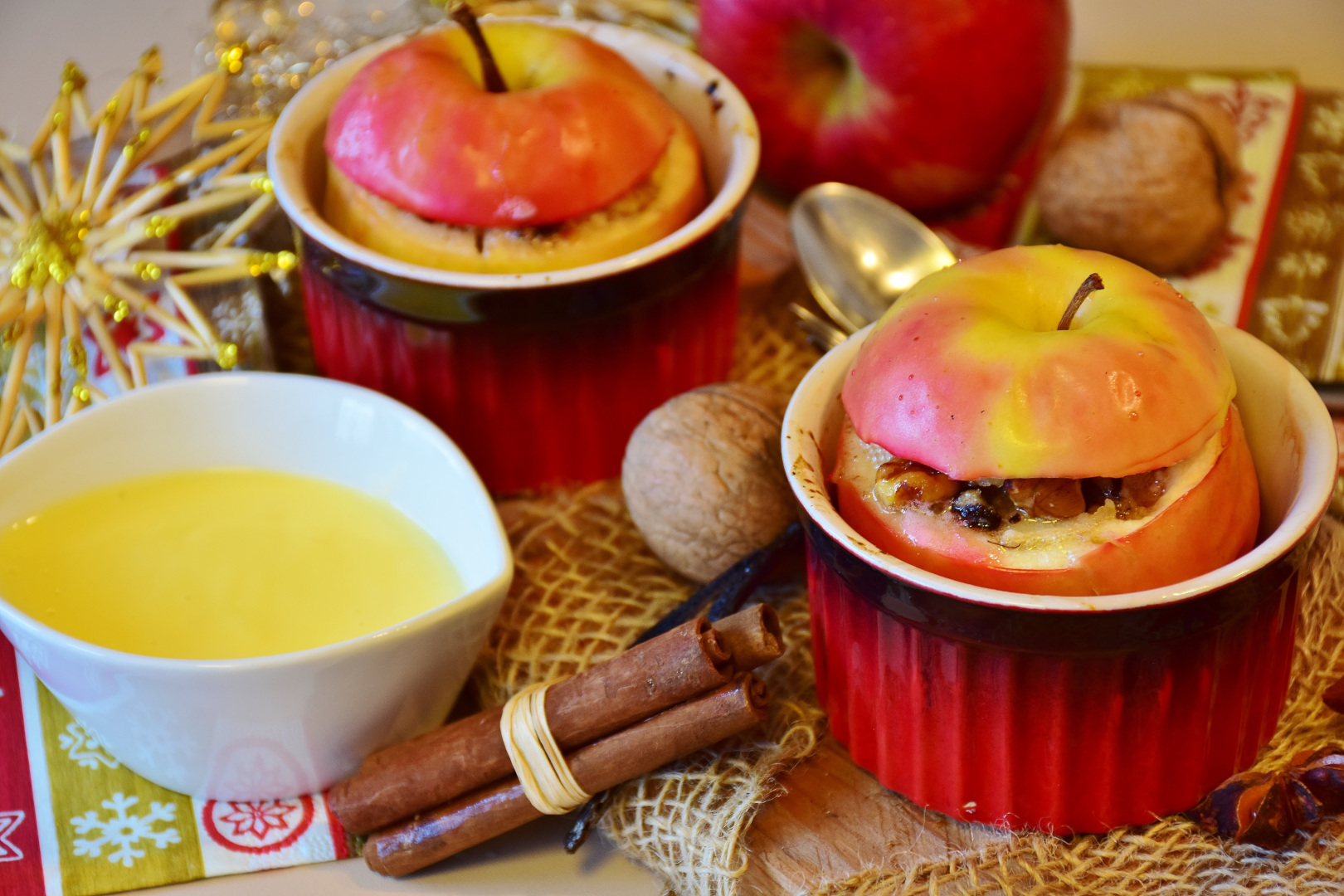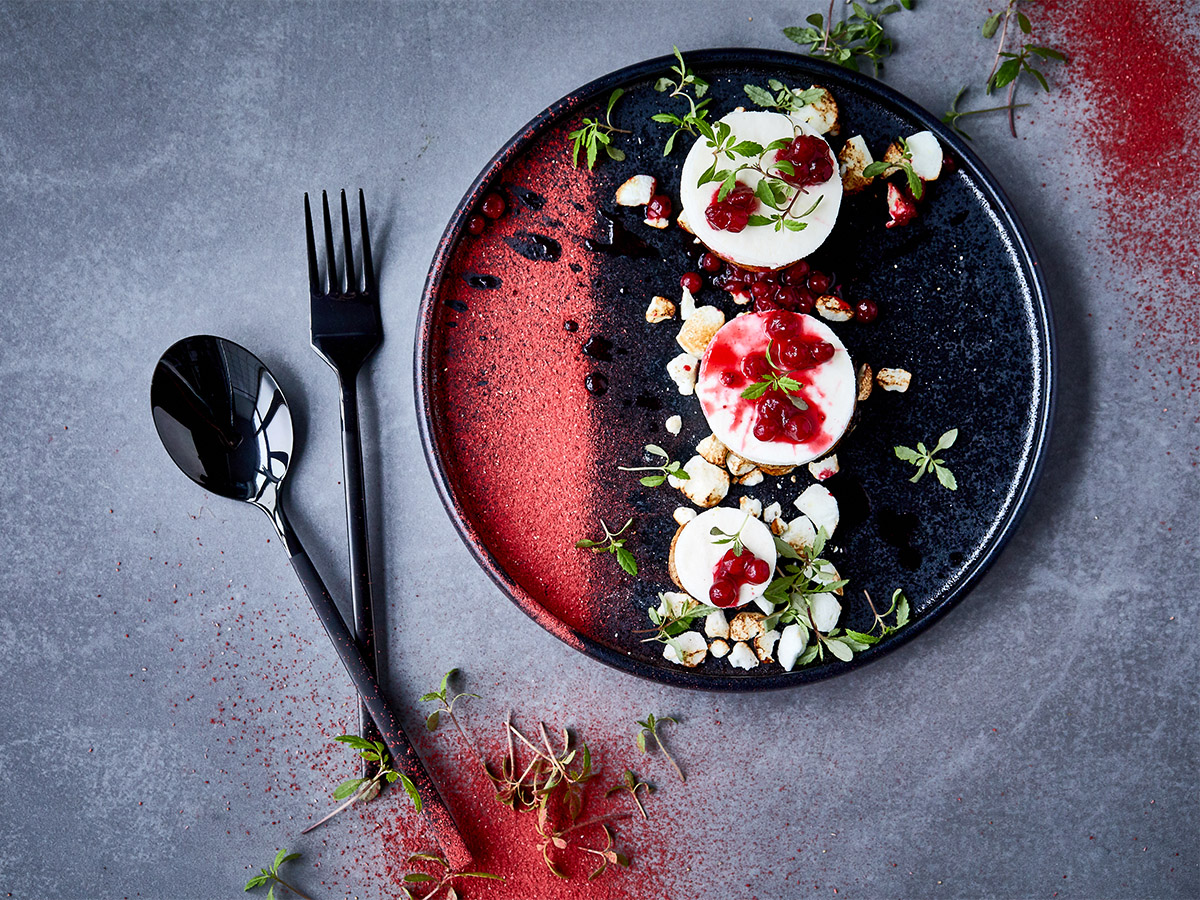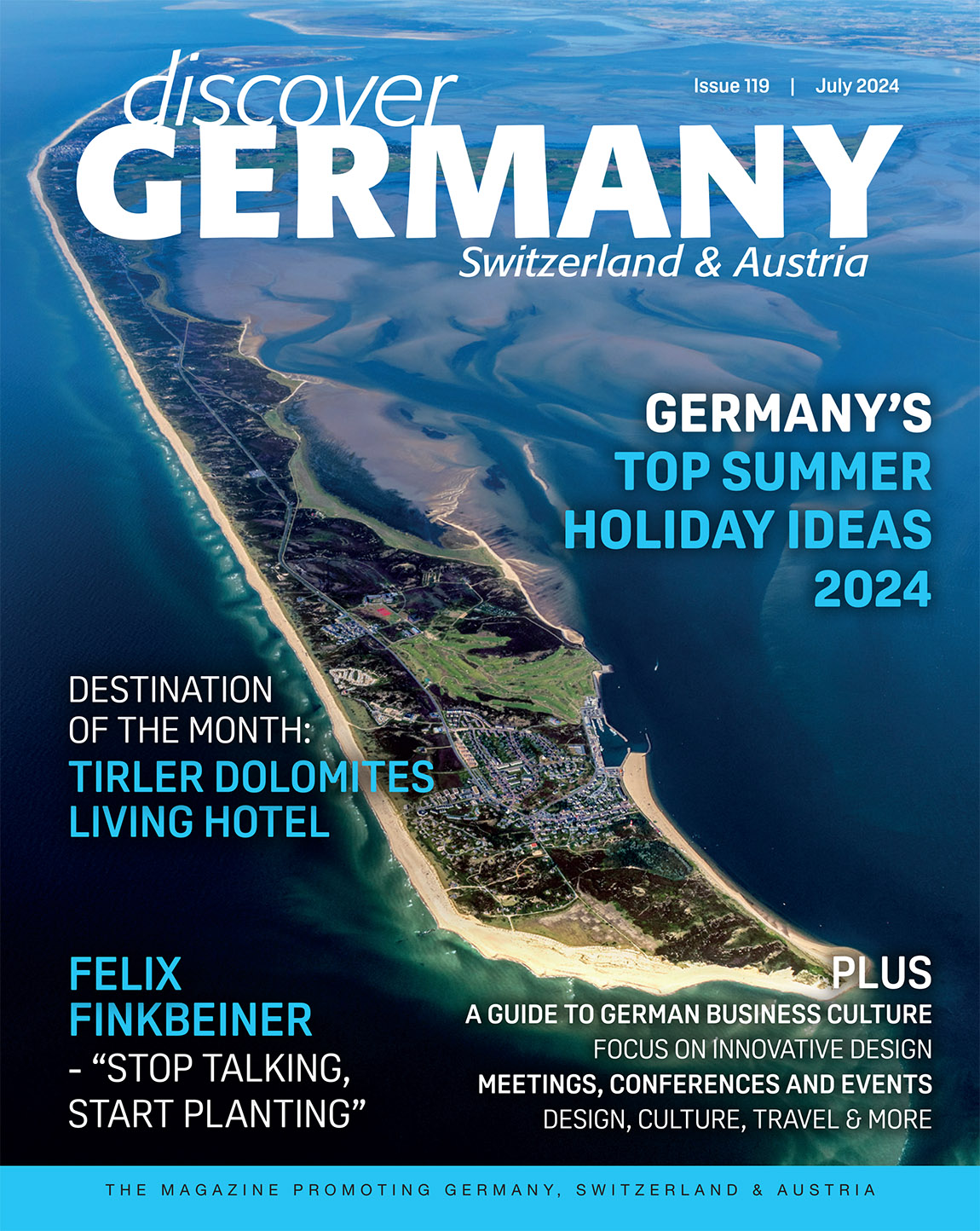Get ready for Advent: with special treats from the DACH-region

We all know the classic, hot Christmas drink mulled wine, or ‘Glühwein’, as the Germans say. And also, the Christmas fruit cake ‘Stollen’ is fairly well-known around the rest of the world. But have you ever heard of the traditional baked apple ‘Bratapfel’? We take a look at this, plus some other Advent specialties from Austria, Germany and Switzerland.
It is not really any kind of a secret: the DACH-region is an expert when it comes to Advent time and celebrating Christmas in style. From the beautifully lit Christmas markets to culinary delights that not only warm our stomachs but also our souls – there is something deeply comforting about the run-up to Christmas in these regions. With a few more weeks to go before it officially kicks off, there is plenty of time to explore tasty options to look into for this year’s festive season.
One of the top Advent time treats is the baked apple ‘Bratapfel’. There are more versions of it than there are cities across the DACH-region but the classic variation always includes cinnamon, sugar and butter. This dish is easy to prepare. All you have to do for the classic version is to cut out the apple stem and scoop out the seeds to create space for the stuffing, fill the apple with a mix of sugar, cinnamon and butter, and bake it for around 20 minutes. The filling caramelises and fills the house with an irresistible smell. The best apple variety to use is Boskop, because it keeps its shape and has a juicy yet sour taste.

The ‘Bratapfel’ can be customised and many families have their own favourite recipe. From adding marzipan, raisins, jam and nuts to filling the apple with rum and liquors or even with minced meat and onions – the sky is the limit when it comes to the baked apple.
A Swiss local treat which has now gained a reputation worldwide is the ‘Basler Läckerli’ (treat from Basel). This is small, square-shaped ginger bread, traditionally made of honey, cinnamon, cloves, almonds, flour, nutmeg and candied orange peel. The Basler Läckerli is typically rock-hard but do not let that stop you from tasting it. It is delicious dipped into hot tea and full of rich flavours. The spiced biscuit has been around for many centuries and there are various origin stories, so it is difficult to know for sure precisely how the Basler Läckerli was invented. However, what everyone does know is that the it is a long-lasting treat and relatively easy to make at home.
Another Advent classic and found at all north German Christmas markets is the ‘Schmalzkuchen’, which translates as ‘lard cake’ but has very little to do with lard these days. Schmalzkuchen are small, bite-sized doughnut balls topped with icing sugar. Back in the day, they used to be fried in lard, as that was available on every farm. Today they are usually fried in vegetable oil but the traditional name remains. They are served piping hot and are a wonderful snack to enjoy at the Christmas market, especially when it is snowing around you. Be careful though, it is very easy to accidentally sprinkle your entire coat with that white icing sugar!
In Switzerland, you will always find ‘Baumstrietzel’ at the local Christmas markets. They are also well-known in Hungary and the Czech Republic and have even started to pop up at Christmas markets in London, as chimney cakes. The rolled dough is wrapped around a stick before being grilled, then a mix of sugar, cinnamon and nuts is added afterwards.
Roasted chestnuts, or ‘Maroni’ as they are called in Austria, are a popular choice at many Christmas markets across the world, but ‘Maroni-soup’ is less common outside of Austria. There, however, it is a traditional dish during the winter season and only recently got some competition via the more renowned pumpkin soup. Other treats from Austria are the vanilla crescent cookies which almost melt in your mouth, and the so-called ‘Linzer Augen’ (eyes of the city Linz) cookies filled with redcurrant jam.

Last but not least, we cannot talk about winter treats without mentioning mulled wine. The number one hot beverage during the festive season enjoys popularity both at Christmas markets and in the home. There is nothing better than a home-made brew with fresh ingredients such as quality oranges and decent wine. There are so many recipes, but it certainly is not rocket science to cook-up your own batch at home.
November is an excellent month to test your skills in the kitchen and when December comes around, you can then impress your friends with a sweet culinary journey across Austria, Switzerland and Germany – accompanied by plenty of mulled wine too, of course.
TEXT: MARILENA STRACKE | PHOTOS: PIXABAY
Subscribe to Our Newsletter
Receive our monthly newsletter by email




